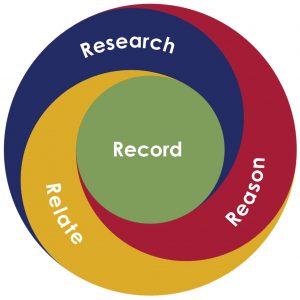4R-ing (pronounced “four-are-ing) is a methodology designed to facilitate transformational scholarship through a process of carefully examining a subject area, then identifying, analyzing, and applying principles of truth.
This methodology enables the ultimate aim of education: careful learning of the mind is informed and internalized by the heart and applied in the formation of character.
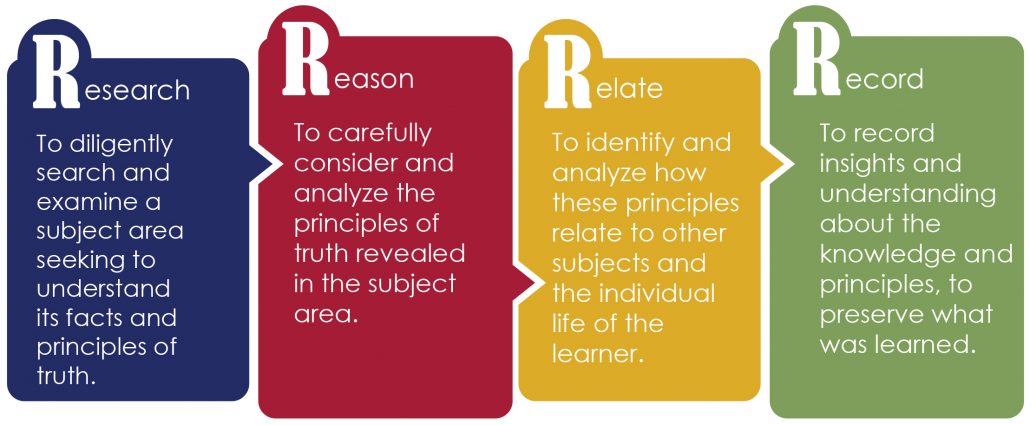
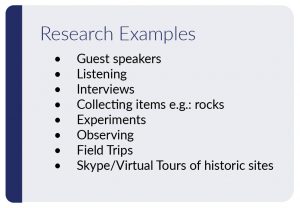 RESEARCH
RESEARCH
Research involves diligent searching and examination of a subject area to acquire knowledge of the facts and principles that govern that subject area. This process is undergirded by careful study of the scriptures to learn the principles of truth revealed by God, that are inherent to every area of study. Noah Webster’ 1828 Dictionary defines this term as, “To diligently inquire and examine in seeking facts and principles.” Research draws on original sources as well as other appropriate sources, including the scriptures. Jesus taught, “Search the scriptures; in them ye think ye have eternal life; and they are they which testify of me” (John 5:39).
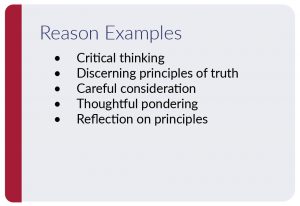 REASON
REASON
Reason involves critically thinking to deduce and infer principles of truth from the knowledge obtained through Research. The revealed word of God provides the guide for identifying and discerning principles of truth in each subject area. Noah Webster’s 1828 Dictionary defines the term as, “To deduce inferences justly from the pre-mises. A faculty of mind by which it distinguishes truth from falsehood, and good from evil, and which enables the possessor to deduce inferences from facts or from propositions.” This requires careful consideration, thoughtful pondering, and frequent reflection on the principles that govern and are demonstrated in the subject.
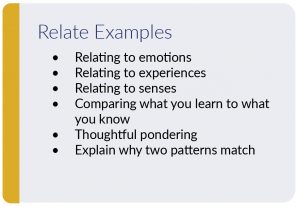 RELATE
RELATE
To Relate involves drawing connections and applying the knowledge and principles learned in one context to other contexts, including and especially one’s own life. In the process of relating, students both practice and experience the knowledge and principles learned, allowing them to have a personal relationship with the subject and its underlying principles. As defined by Noah Webster, to relate is to “tell or recite, to apply fact and truth to life and knowledge; to lay open the meaning; to make clear to the understanding” Any education is incomplete unless it includes the vital element of what a listener can and should do with the knowledge and principles learned. Relating is based in the truth that the purpose of education is to help students not just know, but to “become.”
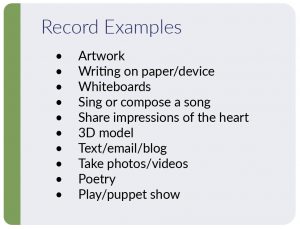 RECORD
RECORD
To Record means to account for and elucidate the knowledge and principles learned in a way that preserves the learning. As defined by Noah Webster, to record is, “To write a regular, authentic, official copy for preservation of what was studied.” When students record the information learned, the understanding gained, and the insights developed in the process of learning about a subject area, they are able to make that learning their own pos-session. The process of recording develops thinking and communication skills while helping children to retain information longer. The Foundation for American Christian Education has described recording as “writing with the intent of preservation” and “etching with the intent of imprinting deeply on the mind, thus fixing on the heart and carving the character.”
